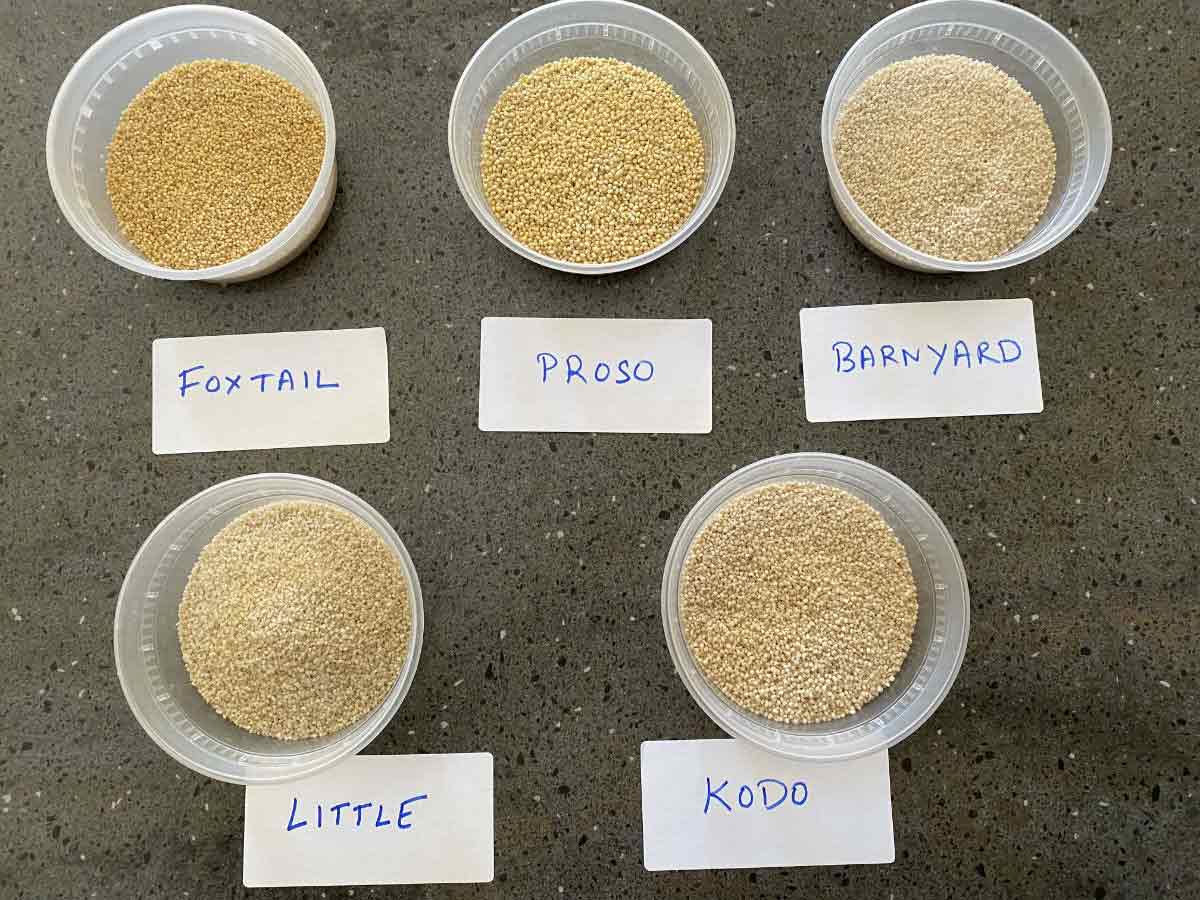Millet is a food crop that is renowned as a superfood, is climate-resistant, simple to cultivate, and packed with protein, fiber, essential vitamins, and minerals. Well, millet is that venerable grain that has been consumed by humans from the beginning of time.
Some of the grains our ancestors would have eaten include jowar, bajra, and ragi. They are all different varieties of millet. This common grain is making a reappearance on dinner plates today because of its growing nutritional relevance on a global scale.
Millets provide a lot of nutrients. They are an excellent source of potassium, magnesium, and iron. Millets support the body’s potassium levels and electrolyte equilibrium. Additionally, they play a significant role in keeping hydration levels up. With all these advantages, they are quite effective in preventing many summertime disorders in the body, such as heat exhaustion and heat stroke.
Lethargy and tiredness are common throughout the summer. Due to the temperature rise, many of us have diminished energy levels and poor appetites throughout the summer. Millets appear like a fantastic alternative to include in our diet when this element is taken into account. They are simple to digest and provide energy as well.
5 millets to include in your diet in summer:
Jau, or barley
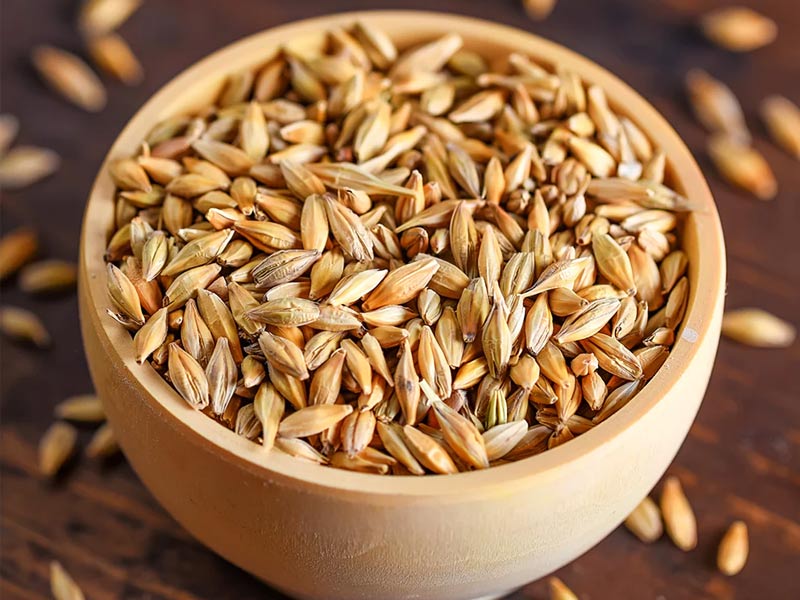
Barley is the ideal grain for summer since it is packed with wonderful nutrients. Barley is a diuretic that aids in treating UTIs and restoring vital nutrients lost as a result of heat. In addition to many other foods, barley is used to produce bread, stews, and soups.
Ragi (Finger millet)
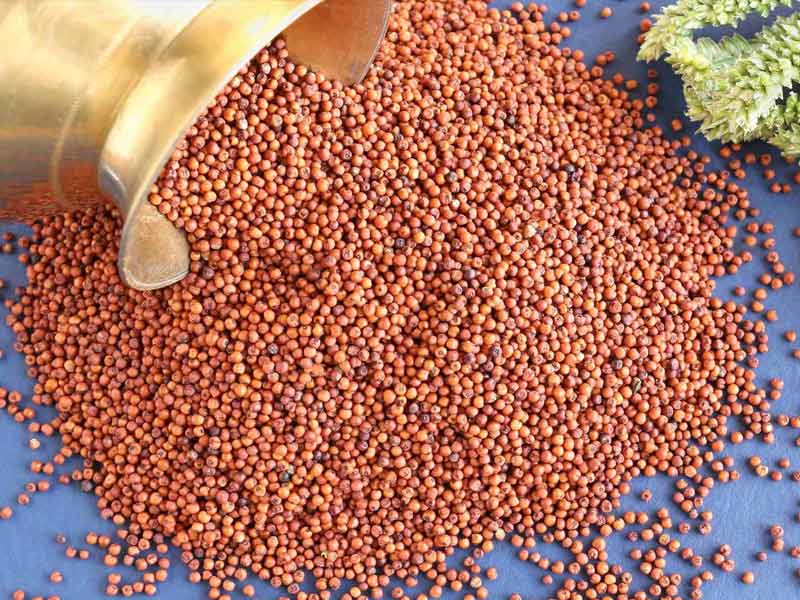
Ragi, often referred to as Mandua atta, is a superfood for diabetics since it is abundant in calcium and fiber. For easier digestion, ragi porridge is frequently given to infants. The grain helps people lose weight and keeps their bodies cool in the heat.
Sama (Barnyard Millet)
Sama rice, also known as barnyard millet, is a grain high in calcium, iron, minerals, and vitamin B. It is also low in carbohydrates and gluten-free. Cardiovascular illnesses and Type 2 diabetes patients can both benefit from it.
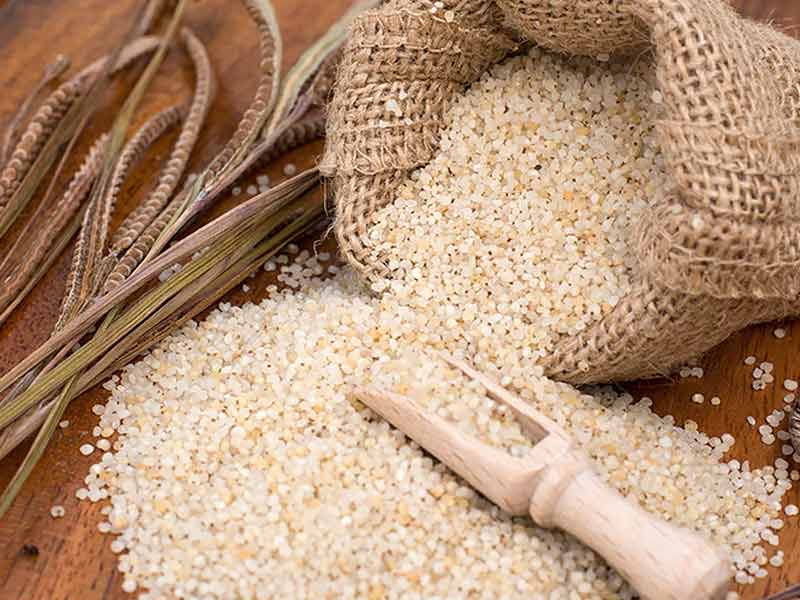
This millet is yet another healthy option that you may eat in the heat. Jowar is good for the brain and also contains iron, fiber, and vitamin B1, all of which can help with fat reduction.
Sorghum, or jowar
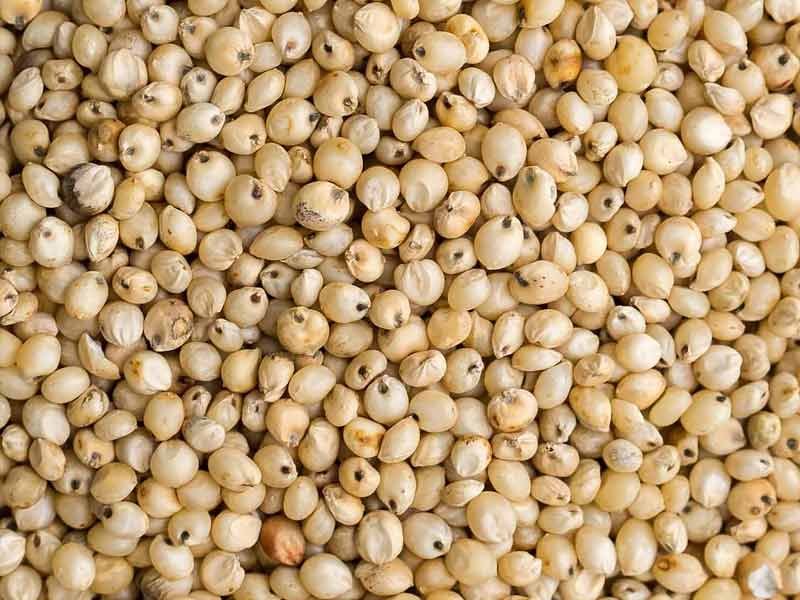
This millet is yet another healthy option that you may eat in the heat. Jowar is good for the brain and also contains iron, fiber, and vitamin B1, all of which can help with fat reduction.
Also read: Must try summer foods to keep yourself cool
Kuttu
There are also pseudo-millets: amaranth, also known as Rajgira or Ramdana in Hindi, and buckwheat, sometimes called Kuttu.
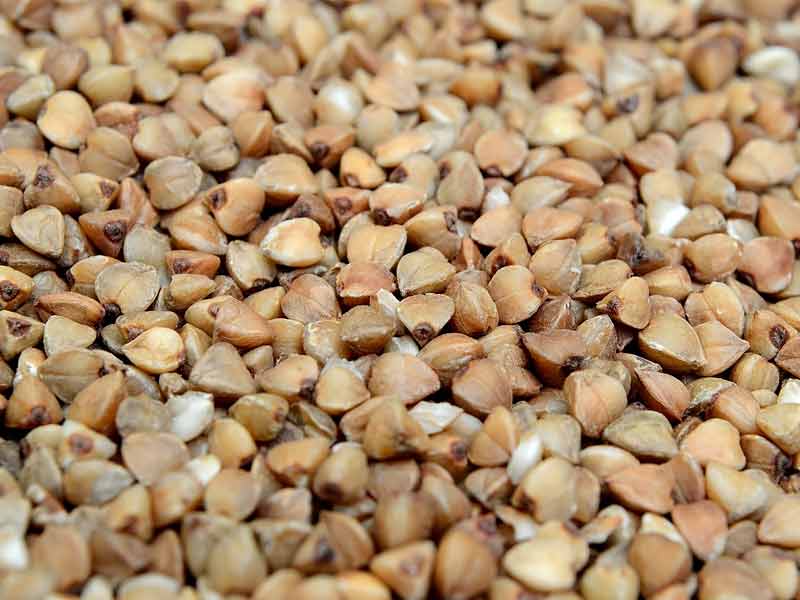
Amaranth and buckwheat are referred to as pseudo millets since they do not belong to the Poaceae botanical family, which is where the ‘real’ grains are found. They are utilized similarly to “true” grains and are equivalent to them nutritionally.





















